We are back! Unfortunately, the sun has decided to snub Paris, so it looks like we have jumped into greyish autumn. But, there is a lot to do. Indeed, a lot happened in the summer. In itself, that is news. While I have been looking at FoodTech for the past decade and was used to quiet summers where startups didn’t announce anything meaningful. This time though, I am blown away by the number of large rounds of financing, M&A deals, new products announcements…
We already know that 2021 will be a record year for FoodTech but by how much? This has still be determined. From what I see and hear, I think it will be big, and we will remember 2020 and 2021 as the shifting years. I can’t wait to see what will happen next.
But before that, I have put together all you need to know about what has happened this summer. Here is the first half (the other part next week).
APEEL RAISES A NEW ROUND OF $250M
One year after its last $250M round, Apeel raises again $250M for its growth. Last year, this enabled the company to become the first packaging and anti foodwaste startup to become a unicorn (a startup valued at more than $1 billion – here is DigitalFoodLab’s 2021 FoodTech unicorn list).
Apeel is known for its edible peal (added with a spray) that slow oxidation on produce such as avocados. By avoiding up to 50% of the usual food waste, they can up their sales between 5 to 10%. It is also an answer to the use of plastics to packaging perishable produce.
DigitalFoodLab: We think Apeel is one of the most interesting startups to watch. It combines things we would like to see in more FoodTech startups: the use of deep technology to solve real-world problems (food waste, plastic use) in a very tangible way.
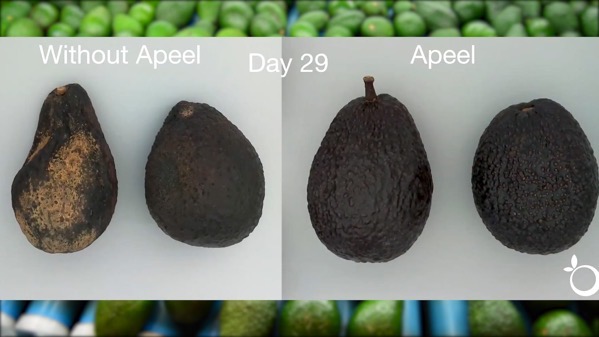
JOHN DEERE ACQUIRES BEAR FLAG ROBOTICS FOR $250M
Bear Flag is an autonomous tractor startup founded in 2017. So, being acquired by one of the world largest tractor companies for a quarter of a billion is not a bad achievement.
DigitalFoodLab: While there has been some excitement over the space of autonomous tractors in the past five years, few startups have delivered strong results. That may be related to the combination of the huge costs of manufacturing at scale these tractors, the need for large scale experiments to convince farmers and the shifting interest of investors from tractor robots to urban farms. If this acquisition goes well, this could be very positive for the entrepreneurs in this space.

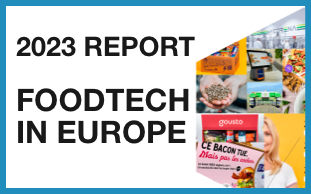

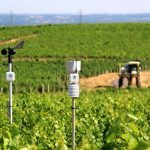
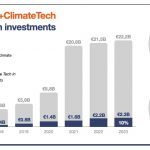

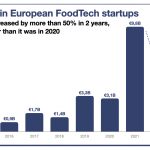

1 Comment